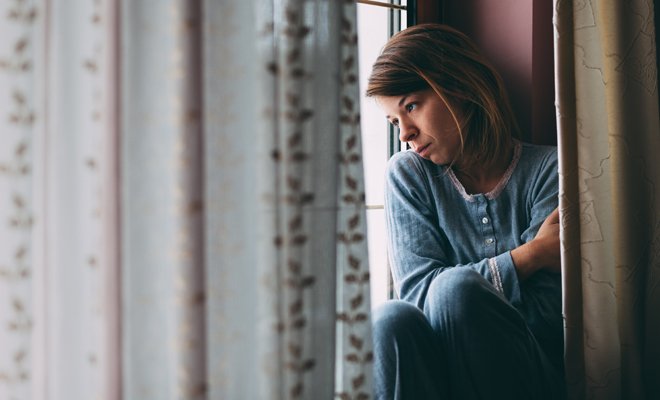Sometimes they are confused, but dysthymia and depression are not exactly the same
Not always when you are depressed you have depression and you already know that depression has different degrees of intensity. We wonder about the differences between dysthymia and depression, two mood disorders that share many features and are sometimes confused. Sadness, tiredness and apathy come into your life for a period of time with depression or to stay in the case of dysthymia. Write down the differences for better treatment.
What is dysthymia?
- Dysthymia is so similar to depression that it is often confused with it. It is a disorder that presents with symptoms well known to depressed people such as tiredness, fatigue, lack of desire, low motivation, pessimism, insecurity, difficulty concentrating, eating and sleeping disorders, Negative thoughts and anxiety.
- And it doesn’t happen. Dysthymia usually appears in adolescence and is carried on as an apathetic and listless vital behavior. Can you live a lifetime with undiagnosed dysthymia? Yes, and it happens frequently because the symptoms are not so intense as to interfere with the daily life of the person who suffers from this disorder.
What is depression?
- Sounds a lot like depression, right? Only that to the symptoms described for dysthymia, depression adds psychosomatic problems, anguish, suicidal thoughts, low self-esteem, guilt, extreme sadness and social isolation. It seems like a somewhat more serious disorder, but it is not so much about quantity as about intensity.
- Because in depression the symptoms worsen and the fact that they forcefully affect your life causes all the alarms to go off and you go to the doctor in search of a diagnosis for your discomfort. And once you put yourself in the hands of professionals, depression can be just a passing episode in your life with a happy beginning and a happy ending.
Differences between dysthymia and depression
- With this description, you can already intuit some of the most notable differences between dysthymia and depression. One of the most important is perceived in its treatment. In both cases psychotherapy is needed, but if in the case of depression you can put an end to the sessions and recognize when a person has overcome the disorder, in the case of dysthymia a longer follow-up may be required in the time.
- With treatments we continue and talk about the dreaded antidepressants, which can be very useful in the case of depression but should not be taken if you have dysthymia. And the symptoms? We have already seen that they share some, but they differ above all in intensity.
- Fatigue, for example, from dysthymia can be hidden under a lack of desire to live or even a certain innate laziness, but it does not affect daily life too much. However, the exhaustion of depression knocks you down in bed and paralyzes you so that you cannot even move, which can cause problems in your daily life, in your social and family relationships, and in your work.
- We could say that dysthymia is a mild but chronic depression. A disorder that accompanies you throughout your life but with the use of psychotherapy as an option to improve your quality of life. For its part, depression is a more intense disorder but one that you can put an end to with the appropriate treatment.
